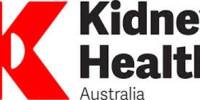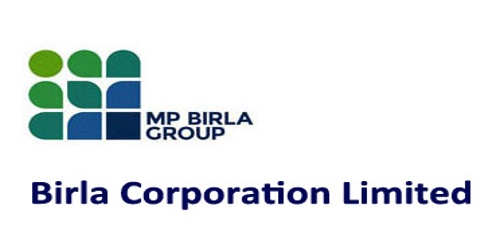Clearly coronary, an organization that uses AI-powered imaging to analyze heart scans, announced this week the B$43 million Series B funding. Clearly was started in 2017 by James K. Min Cardiologist and director of the Dalio Institute for Cardiac Imaging through New York Presbyterian Hospital / Well Cornell Medical College. CT scan of the heart for detailed analysis, the company that uses it has 60 employees and raised $54 million from the total fund.
The Series B round was led by Vensana Capital, but also included LVR Health, New Leaf Venture Partners, DGTX Partners and Signa Ventures. The goal is to provide a detailed image analysis of the human heart tested by artificial intelligence. This analysis is based on images taken by Cardiac Computer Tomography Angiogram (CTA), a new but fast-growing method of scanning for plaque.
“We focus on the whole heart, so each artery and its branch and then the characteristics and measurements of atherosclerosis,” Min said. “We aim to create all the plaques in the arteries, and [and] the arterial walls have never been able to do the historical and traditional therapeutic methods we have used in cardiology.” Clearly a web application and it specifically requires a CTA image, which is AI. Trained for analysis, patients are actually taken when they go for checkups.
When a patient goes for a heart test after symptoms like chest pain, there are a few ways that they can be tested. They can be stress tests, echocardiograms (ECGs) or coronary angiograms – catheter and X-ray based tests, a new form of CTA imaging in which a scanner captures a detailed image of the heart that is illuminated by the dye color of the injection. The clearly platform is designed to analyze those CTA images in detail, but they have recently become a first-line test when patients with suspected heart problems (basically have to go).
The European Society of Cardiology has updated the CTA’s guidelines for first-line testing of patients with chronic coronary heart disease. CTA has already been used in the United States, but guidelines can extend how many times it is actually used. A review of the CTA published on the website of the American College of Cardiology noted that it showed “extraordinary potential.”
















